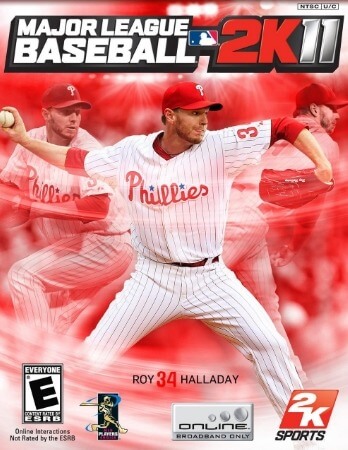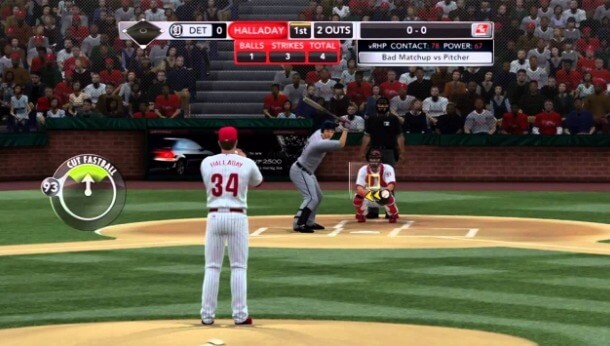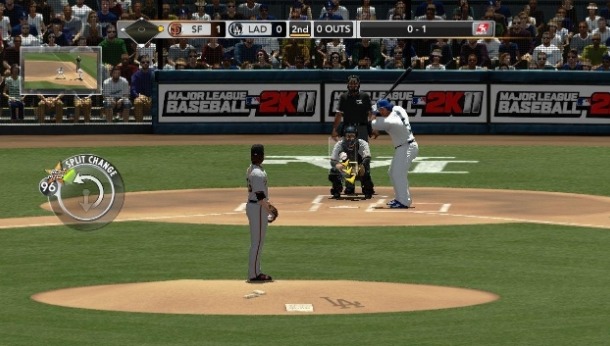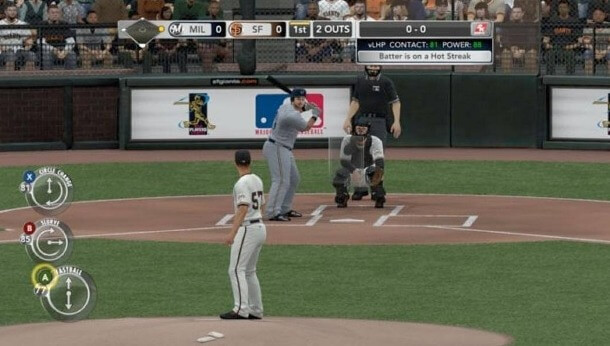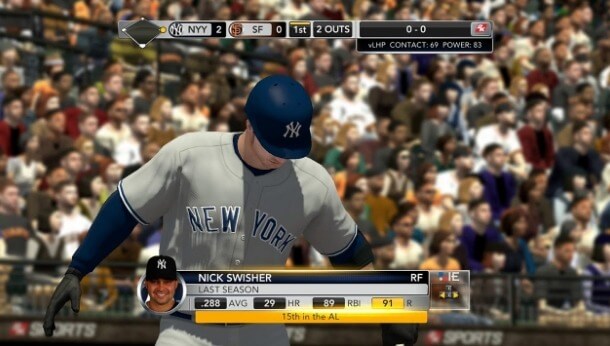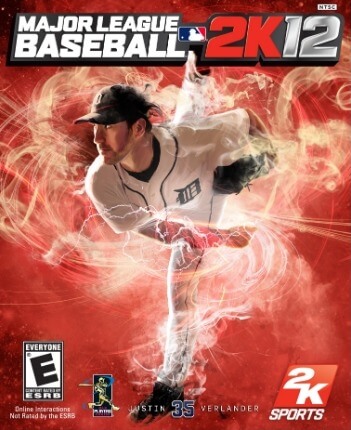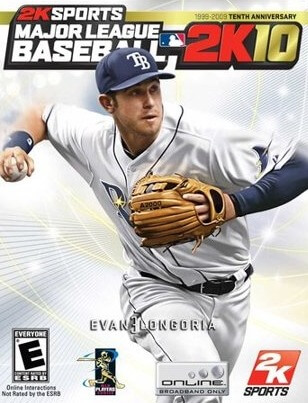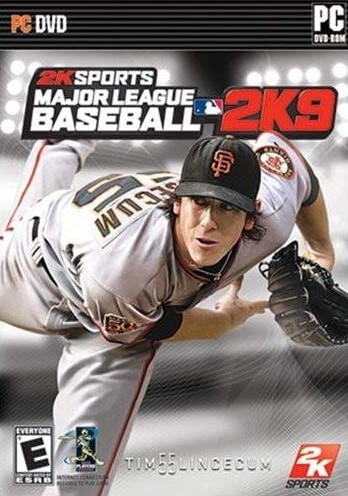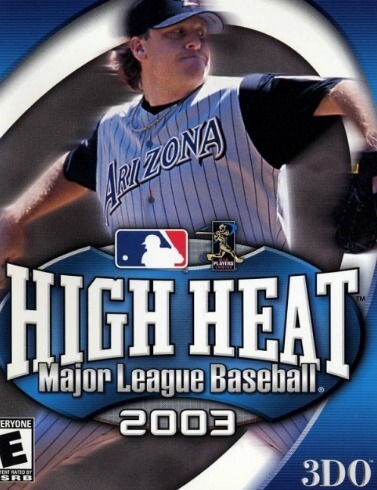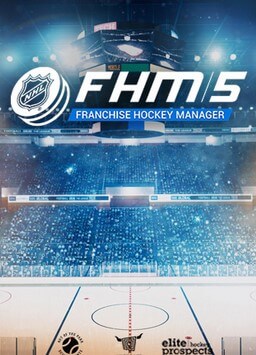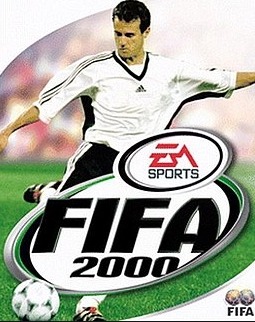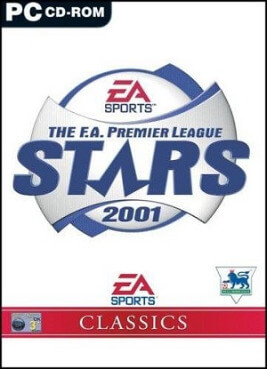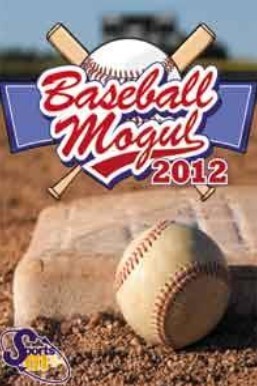Major League Baseball 2K11 or, in short, MLB 2K11, is an MLB licensed baseball simulation video game published by 2K Sports. MLB 2K11 is available for Microsoft Windows, Xbox 360, PlayStation 3, PlayStation 2, PlayStation Portable, Nintendo DS, and Wii.
Commentators
The commentary is delivered by the trio of Steve Phillips, Gary Thorne, and John Kruk. Kruk is absent in the Wii version.
New features
The "main" version of MLB 2K11 retains the features of Major League Baseball 2K10 but adds new content. Some of the new features include the Dynamic Player Rating System (DPRS), which updates a players ability with the last four weeks of a real player's activity, which will include slumps and hot streaks. The DPRS will only affect hitting and pitching; it will not affect a player's fielding ability. There will be no option to play without the DRPS turned on, however, the DPRS does not affect trades, due to the DPRS being a short term value. Franchise modes will reflect player values based on franchise stats, not real life. The My Player career mode has similarly been improved and tweaked.
The umpires will now have a more random strike zone, while pitch ratings affect ability to locate pitches. The game will feature more AI gameplay sliders than any MLB 2K game before, and for the first time, tweaking sliders will not affect achievements. Poor fielders will be "locked out" of good animations, and the fielding rating will affect how close to the ball the fielder must be to reach it. Base stealing has been revamped, and will take into account many variables such as the speed of the runner, type of pitch, lead, and the catcher's arm.
Promotion
In January, game publisher 2K Sports announced that they would continue a contest from the previous year. Players had a chance to win $1,000,000 for pitching a perfect game on the Xbox 360 or PS3 versions of the game. The contest began on April 1, 2011. This caused controversy as former WWE wrestler, Stevie Richards had done this before and tried to claim the Million dollars for the Perfect Game he had pitched but had done it before the contest officially began. Brian Kingrey, a music teacher from Hammond, Louisiana, claimed the prize by throwing a perfect game with Roy Halladay within two hours of the start of the contest.
Reception
Reception for the game has been mixed. IGN rated both the Xbox 360 and PlayStation 3 versions with a 7.0 while the readers favored the 360 version of the game over the PS3 ranging from a 7.3 out of 10 for the 360 to a 6.5 out of 10 for the PS3. The 360 version of the game ran at a smoother frame rate according to most reviews. GameZone gave the game a 7/10, stating "Overall, it is still a unique baseball experience, but unfortunately, after playing it for a little while, you will want an improved product. Let’s hope for something even better in 2012." GameSpot gave the game a 7.5/10, praising its online mode improvements but criticizing its lack of significant changes from last year's version of the game. There were also complaints of several bugs, such as the player fatigue in Franchise mode (player energy would decrease if a game was simulated, but not if the game was actually played) and injury recovery (pitchers who were on "rehab assignments" after injuries would not appear in management screens for setting pitching rotations, yet a player would have to clear a roster spot for him and could only access him from the bullpen; players affected by this bug also could not be demoted or promoted to different levels of the organization). One of the more frustrating aspects of the game is the extraordinarily poor managerial decisions made by computer-controlled teams. Intentional walks are often issued with only one out and under other conditions where such decisions would be unlikely in a real baseball game. Pitchers are removed from games too early, sometimes when pitching shutouts and showing no obvious signs of fatigue. The computer-controlled team will often attempt steals under unfavorable conditions, particularly attempts to steal third base when the computer-controlled team is down by multiple runs and the base runner is already in scoring position with strong batters coming to the plate. The computer-controlled team also tends to bring in a left handed relief pitcher to face right handed batters (and vice versa) when the bullpen has good right handed relief pitchers available and the right handed batter is more likely to make an out under such a match-up. Finally, the relief pitcher is often allowed to bat, even though they are going to be replaced in the next inning and the bench is full of potential batters.
